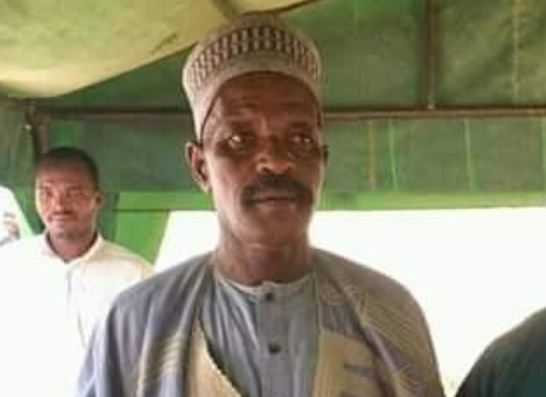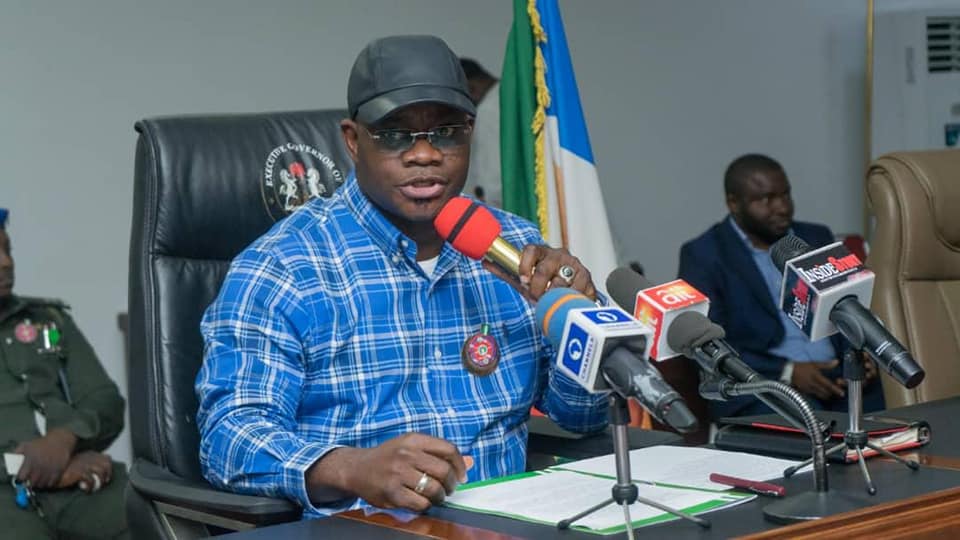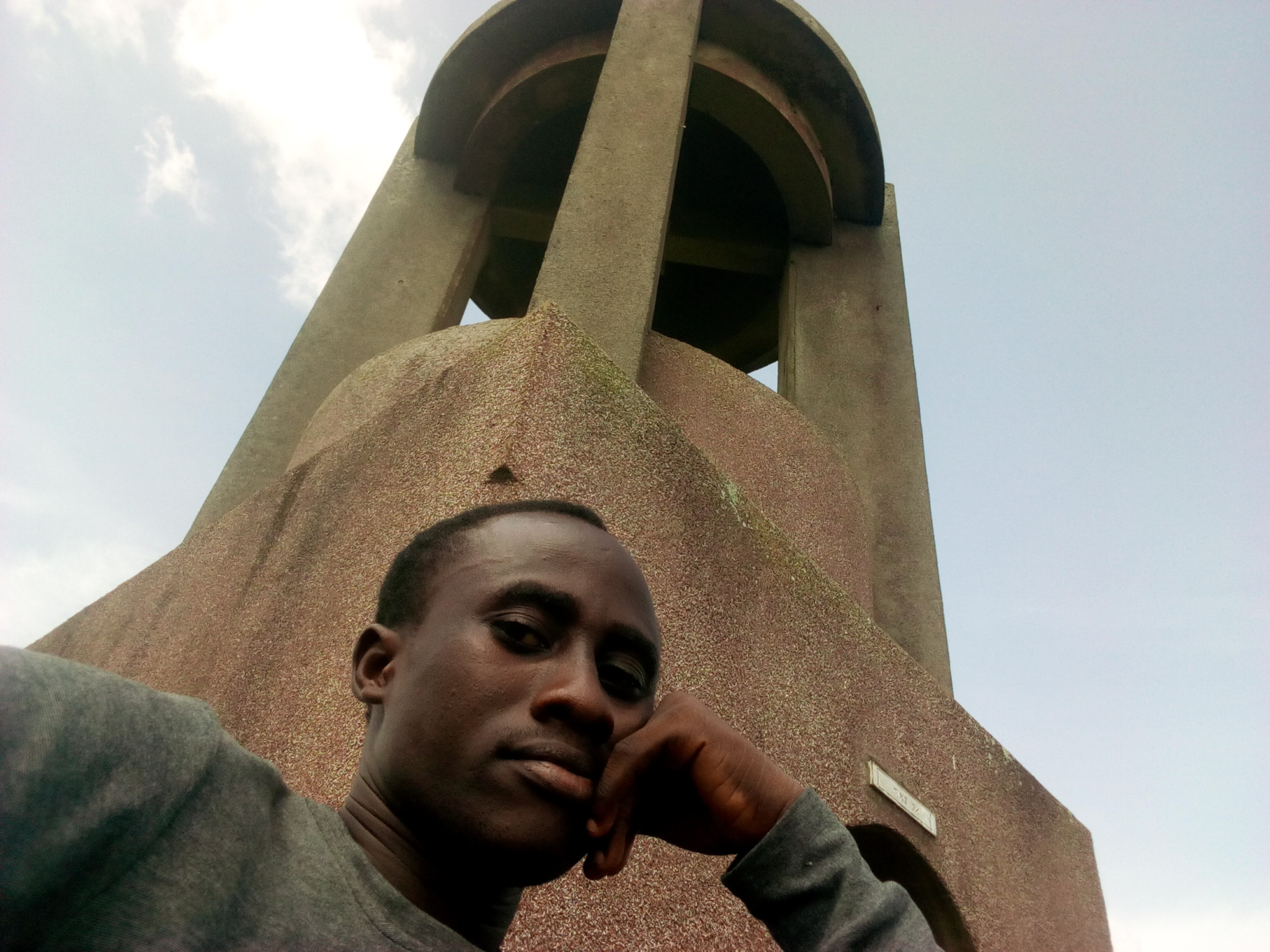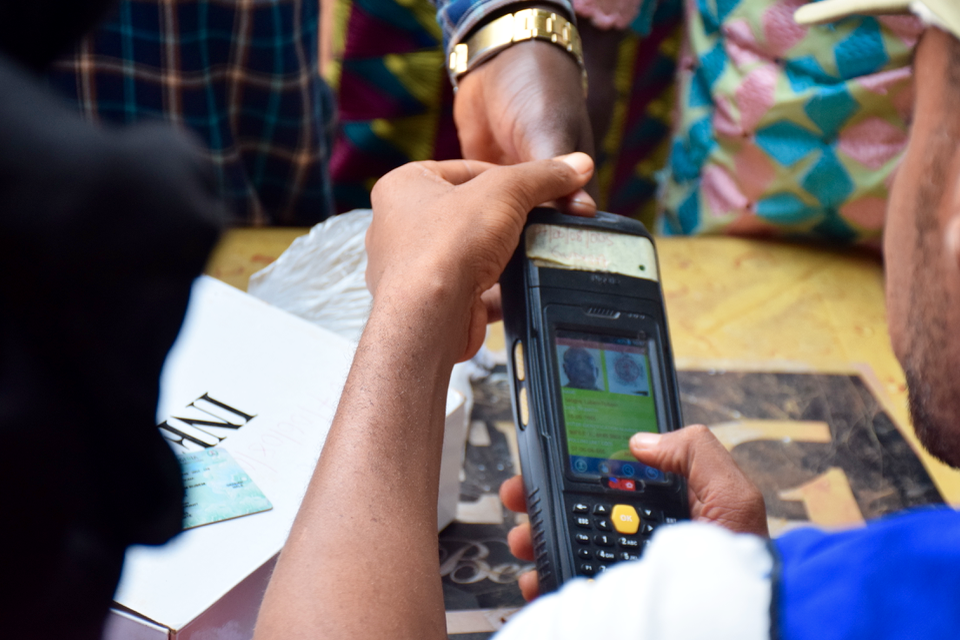BY ADAMU GWAZUWANG
Once upon a time elections were simple selections by consensus. There was no question of unsuitability, unpopularity or rigging because it was as all-inclusive as possible for the community-based constituencies and consensus was unanimously accepted as the expression of the will of the visible majority. That was then.
Nowadays, elections have become a hydra-headed political process with each process constituting a threat to democracy. The campaigns involve highly antagonistic encounters between the mainly youthful, exuberant and intoxicated thugs of the contending parties, mere mercenaries manipulated for mayhem. Then the elections process emerges from the preceding baptism of fire, primed to ignite its own deadly confrontations, as champions of violence overwhelm the right to choose and democracy takes cover.
What Atiku Abubakar is going through in Nigeria today represents the most recent manifestation in the deconstruction of democracy whereby the arbiter usurps the role of the kingmaker, preying on the evident displacement of consensus and compromise for the greater good of the majority by the inordinate and irreconcilable greed for political power, beyond the legitimacy of popular support, especially among those who have eaten the forbidden fruit of “incumbency”.
Advertisement
The Nigerian judiciary, or rather, Nigerian judges have effectively colonized the democratic space with their self-determined interpretative jurisdiction over purely political matters of popular mandate to govern the affairs of people at the approved tiers. As a result, they too have succumbed to the virulent virus that manipulated the minds of people to place self above service in the warped perception of the import of campaigns, elections and ultimately democracy.
The masses have wizened up to the judicial masquerades’ acquisition of proprietary rights over their civic duty of voting for their leaders by democratic process. They are agitated by the straight-faced demeanor of agents of the third arm of government who, as it were, used the judicial backdoor to overtake the process and import of elections and exercise an undemocratic, autonomous, authoritative and conclusive fiat on the emergence of “elected” leaders in the Executive and Legislature. When you add the shocking exposure of casino-scale caches of foreign currency stowed away in judges homes, you get a noxious potent brew of pent-up public discontent against “political judges”.
This is the ominous background to the increasing public political vigilance on the composition of judges for review of especially the Atiku Abubakar election appeal petition. There is a widespread build-up of resentment at the likelihood of the President of the Court of Appeal, Zainab Bulkachuwa, for example, either presiding or selecting judges for the election appeal panel when she is spouse of APC chieftain and the APC Senator-Elect from Bauchi state, who was curiously “granted” the ticket without participating in the primaries!
Advertisement
The principle of insulating the judiciary from politics now has corollary in the imperative of isolating elective politics from judicial manipulation borne out of the extra-judicial leanings and tendencies of judges. In the case of the Atiku Election Appeal therefore, it is strongly advocated that a more dispassionate and transparently independent selection process be adopted in determining the judges to hear the appeal such as balanced geo-political representation and/or seniority status of judges of the Court of Appeal, excluding of course, the unavoidably tainted.
At the end of the day, it will be in the judges’ interest that they are seen to be fair and just in their handling of critical cases pertaining to the determination of political/election outcome disputes like the Atiku case against President Buhari’s INEC declared victory. The era of adjudicating for a nation of illiterate and helpless citizenry has long gone as some of the election upsets proved in the last elections. Even at the Supreme Court where the buck of judicial king-making stops, these rumbling undercurrents of public political vigilance must not be neglected. Unless there is some rational harmony between popular expectation and judicial pronouncement on election outcome disputes the people who have been watching helplessly may decide to act for slef-help.
Adamu Gwazuwang, a public analyst and commentator writes from Abuja.
Advertisement
Views expressed by contributors are strictly personal and not of TheCable.
Add a comment






